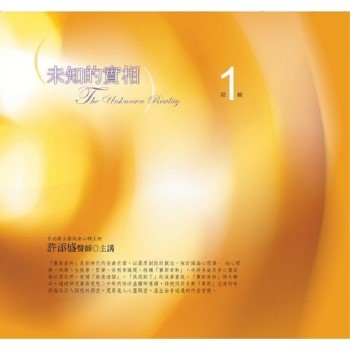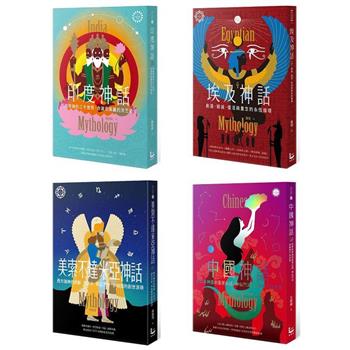The focus of this book goes beyond a reflection on migrant students from sub-Saharan Africa and their relationship with Tunisia as a significant destination for their migratory project; it explores this new channel of educational South-South exchange between students.The anthropological project presented herein lifted the curtain on an obvious observation of poorly managed cultural differences between these students, which led to mechanisms of exclusion and failure of integration within Tunisian multicultural higher education universities. Thus, a cross-cultural intervention is the appropriate remedial strategy for such a challenge. Through this process, the socio-anthropologist aims to ensure a mutual understanding of the unique characteristics of each culture and foster intercultural dialogue. Relativistic anthropology, cultural diversity, and interculturality are the foundations of the research project proposed in this book.
| FindBook |
|
有 1 項符合
Touihri的圖書 |
 |
$ 4675 | African immigration between Light & Shadow Relativistic Anthropology
作者:Touihri 出版社:LAP Lambert Academic Publishing 出版日期:2023-01-28 語言:英文 規格:平裝 / 180頁 / 22.86 x 15.24 x 1.04 cm / 普通級/ 初版  看圖書介紹 看圖書介紹
|
|
|
圖書介紹 - 資料來源:博客來 評分:
圖書名稱:African immigration between Light & Shadow Relativistic Anthropology
|











